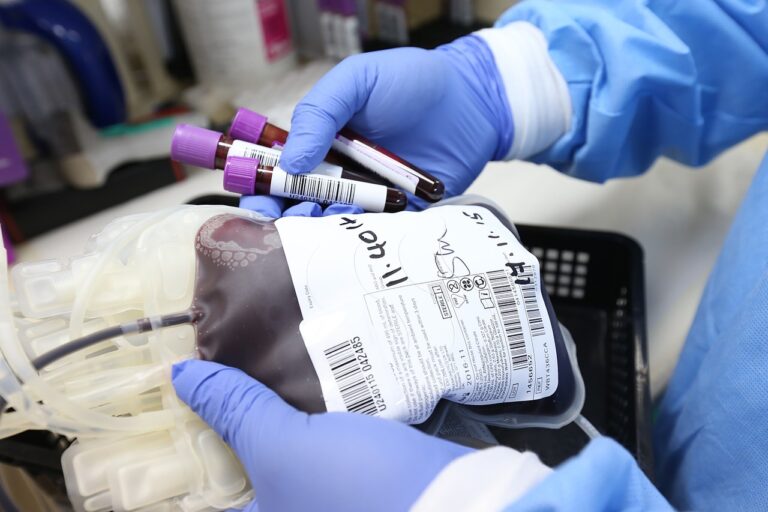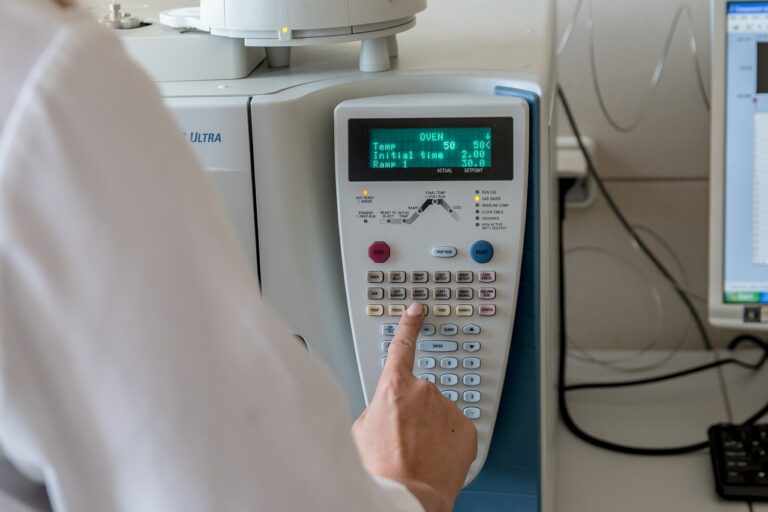Insights into the role of surgery in the treatment of familial hypercholesterolemia: All panel 777.com login, Laserbook247, 99exch
all panel 777.com login, laserbook247, 99exch: Familial hypercholesterolemia (FH) is a genetic condition that causes high levels of cholesterol in the blood, leading to an increased risk of heart disease and stroke. While the primary treatment for FH involves lifestyle changes and medications, surgery can also play a crucial role in managing this condition. In this article, we’ll explore the insights into the role of surgery in the treatment of familial hypercholesterolemia.
Understanding the Role of Surgery in FH
1. Bypass Surgery: In some cases, individuals with FH may develop severe blockages in their arteries due to high cholesterol levels. In such situations, bypass surgery may be recommended to improve blood flow to the heart and reduce the risk of heart attacks.
2. Angioplasty: Angioplasty is another surgical procedure that can help treat blockages in the arteries caused by FH. During this procedure, a small balloon is inflated inside the artery to widen it and improve blood flow.
3. Aortic Valve Replacement: In individuals with FH, high cholesterol levels can lead to the buildup of plaque in the arteries, including the aortic valve. In severe cases, aortic valve replacement surgery may be necessary to improve heart function and reduce the risk of complications.
4. Liver Transplant: Since FH is a genetic condition that affects the liver’s ability to process cholesterol, a liver transplant may be considered in rare cases where other treatments have been unsuccessful. A healthy liver from a donor can help normalize cholesterol levels in individuals with FH.
5. Lipoprotein Apheresis: Lipoprotein apheresis is a procedure that involves removing LDL cholesterol from the blood using a specialized machine. This treatment is typically reserved for individuals with severe FH who do not respond to other interventions.
6. Weight Loss Surgery: Obesity is a common risk factor for FH, as it can exacerbate high cholesterol levels. Weight loss surgery, such as gastric bypass or sleeve gastrectomy, may be recommended for individuals with FH who are struggling to lose weight through diet and exercise alone.
FAQs About Surgery for Familial Hypercholesterolemia
1. Is surgery the only option for treating FH?
No, surgery is typically reserved for individuals with severe FH or those who do not respond to other treatments. Lifestyle changes, medications, and regular monitoring are often the first line of defense against high cholesterol levels in FH.
2. Are there any risks associated with surgery for FH?
Like any surgical procedure, there are risks associated with surgery for FH, including infection, bleeding, and adverse reactions to anesthesia. It’s essential to discuss the potential risks and benefits with your healthcare provider before undergoing surgery.
3. How can I reduce my risk of needing surgery for FH?
By following a heart-healthy diet, staying physically active, taking prescribed medications, and attending regular check-ups, you can reduce your risk of needing surgery for FH. It’s crucial to work closely with your healthcare team to manage your cholesterol levels effectively.
In conclusion, surgery can play a vital role in the treatment of familial hypercholesterolemia for individuals with severe forms of the condition or those who do not respond to other interventions. By understanding the various surgical options available and working closely with healthcare providers, individuals with FH can effectively manage their cholesterol levels and reduce their risk of heart disease and stroke.







